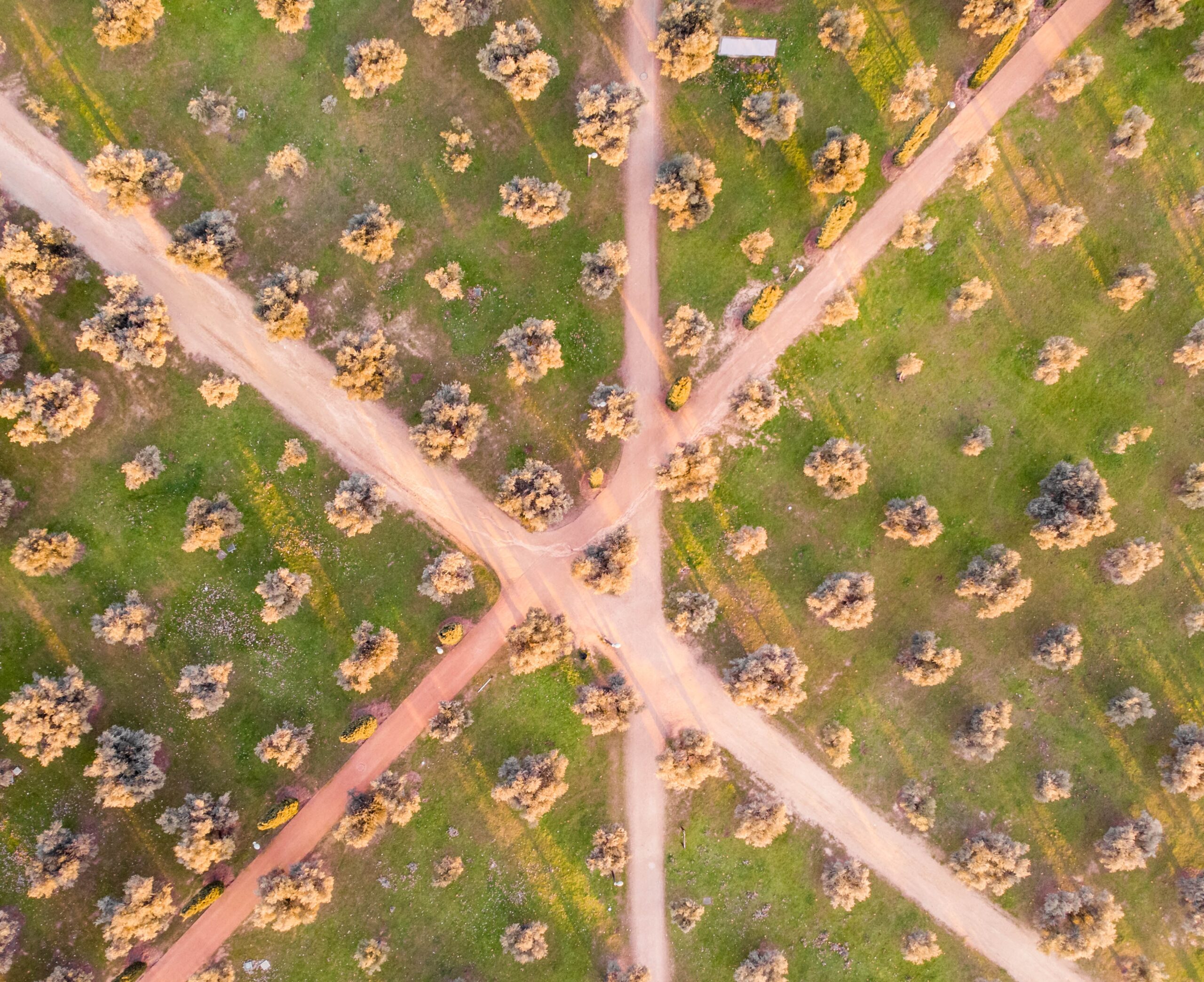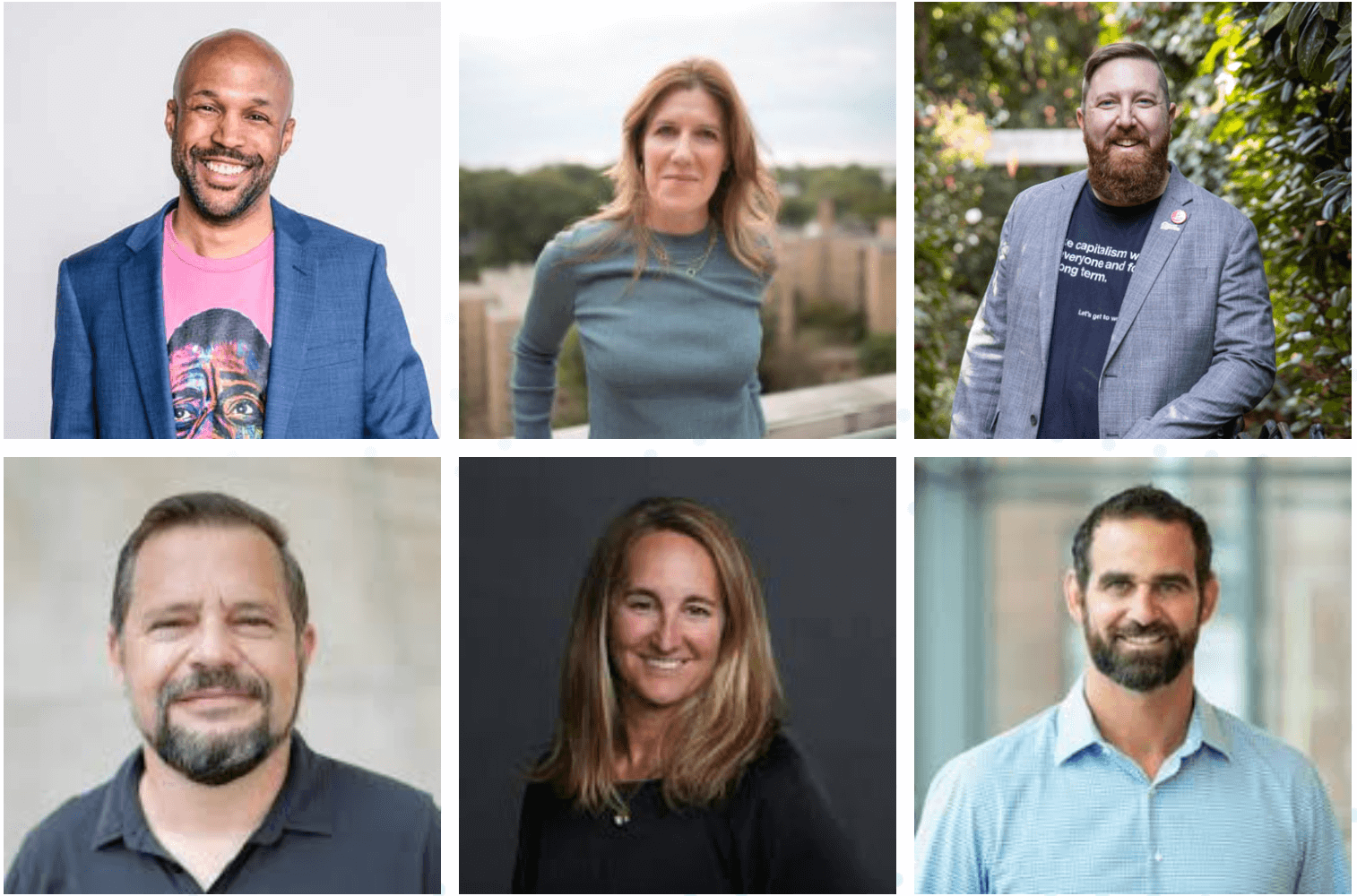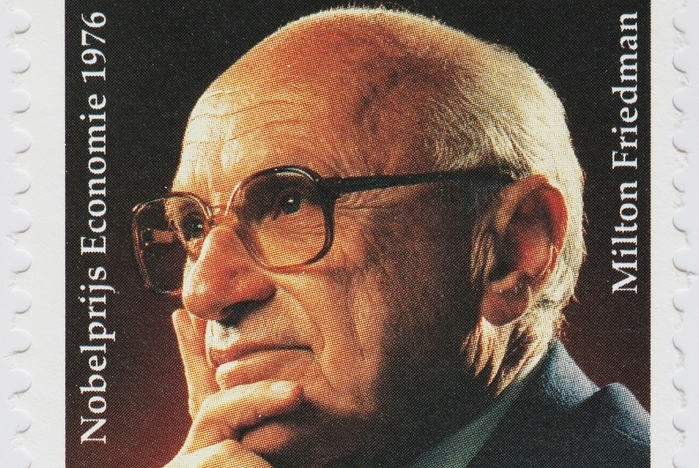Editor’s note: This is the second essay adapted from Marjorie Kelly’s new book, Wealth Supremacy. In her previous essay on ImpactAlpha, adapted from her new book, Marjorie Kelly tackles financialization, the problem of too much financial wealth. Here Kelly asks: what can impact investors do?
In a democratic society founded on the truth that all persons are created equal, we have permitted in our midst an economic system based on the directly contrary principle that wealthy persons matter more than others. Deserve greater rights. Justifiably wield greater power. Rightly enjoy greater voice. And possess a limitless right to extract from the rest of us.
As impact investors, we’re caught in this system of wealth supremacy, even as we invest for the public good. After being part of the progressive investing community for more than 30 years, I want to join others in inviting us to think bigger, ask bigger questions. The world is in a polycrisis – increasing inequality, climate change, the loss of biodiversity, rising authoritarianism.
We won’t solve these crises by shifting investments from one publicly traded company to another. It’s time to dream at the scale of the problem – thinking beyond the portfolio level, imagining the broader, deeper, truly radical changes we need. Can we coherently, collectively envision and create a movement for a next system beyond corporate capitalism and state socialism?
At The Democracy Collaborative, we work to catalyze a democratic economy – where profit extraction is reined in, wealth is broadly held, all economic institutions are designed to serve the greater good, and people have economic security and control over their own fate. To move in this direction, we suggest two large institutional processes are needed.
One is a great ownership transition. We can’t accept the 1% owning everything. People should own their homes, own a piece of where they work. Farmers should own land. We need public healthcare. Communities need to own and control land and water; already 15% of forests worldwide are controlled by Indigenous and community groups – a model the UN calls vital to preserving endangered species. So that’s one large process – a great ownership transition.
The second is a next system of capital. Is it possible to have a modern, sophisticated system of finance designed to serve the public good? To begin to answer that question, The Democracy Collaborative gathered 15 experts in July 2022 at Boston University’s Global Development Policy Center.
We began with a simple premise: We cannot continue to operate our economy based on maximum growth of capital.
What pathways would offer a starting sketch of how to move toward a next system of capital? Our meeting took inspiration from the Stabilization Wedges of carbon reduction, which has become a paradigm for its field. Given the enormous task of reducing greenhouse gas emissions, the wedges showed how growing use of green energy approaches—wind, solar, energy efficiency, and so on—could reduce greenhouse gas emissions. In one diagram, the wedges helped us to imagine that the impossible was possible, utilizing tools and ideas already available.
We aimed to do something comparable: to show how growing use of existing democratic finance approaches could reduce wealth concentration. We identified seven pathways (see figure), which, working together, would ensure capital would no longer be in control but in service to life.
Finance the energy transition in ways that democratize power and ownership.
One attendee was Mark Campanale, founder of Carbon Tracker, known for linking the established concept of “stranded assets” to the carbon budget to show all the unburnable carbon that must be left in the ground if civilization is to survive.
He talked about how, for years, the consensus policy approach to decarbonization was to create carbon taxes to make the bad stuff more expensive. That strategy is giving way to one enshrined in the Inflation Reduction Act: using government policy and incentives to make the clean stuff cheaper.
In a new green energy system, “all the flows are essentially free,” Mark said. You’re no longer dependent on fossil fuels from large corporations. Super profits disappear and concentrations of wealth in energy corporations could disappear. Oligarchical wealth – the Saudis, Russia, Charles Koch – could lose power. As Mark explained, “We could see a transformation of power.”
In the movement for energy democracy, community-owned solar farms and battery storage facilities are becoming more common. Locally controlled microgrids provide energy security. Consumers are forming energy cooperatives. But for all this to happen at scale, democratic ownership needs to be a deliberate part of the energy transition.
Develop an ecosystem of banking and finance that works in the public interest.
As described by my colleague at The Democracy Collaborative, Joe Guinan, “We need a top-to-bottom ecosystem of mutual, cooperative, community, and public banks that would be focused entirely on investment in the real economy, in greening production, in providing jobs, retirement security, and an economy of real human needs.”
Central to this vision is the movement for public banks. Cornell Law’s Robert Hockett envisions an integrated network of state and regional public banks, responsive to public input and serving community needs. These entities could also be responsible for large-scale investments in research and development, infrastructure, clean energy, and energy conservation.
One example is Fannie Mae, the government-sponsored finance entity created by Congress that now deploys private capital. Fannie and its cousin, Freddie Mac, are responsible for more than 60% of U.S. mortgages. Had they refused to purchase predatory loans and remained true to their original purpose—expanding housing on fair terms—they might have lessened the breadth and severity of the mortgage meltdown. CEO pay tied to public good metrics, as well consumer-oriented board members, might have made a difference.
Reclaim the Federal Reserve and coordinate productive community development.
The Federal Reserve was initially set up to serve a large network of locally rooted banks, few of which remain, after megabanks swallowed small banks. When banks left low-income communities, vulture lenders—payday lenders, tax refund lenders—moved in, and private equity is now invested in some of the largest of these.
Cornell’s Hocket reimages the Federal Reserve as the people’s Fed, a “bank of the people.” Regional offices could revive their old function of financing economic development by purchasing the loans and bonds of private enterprises, with a purpose of serving public priorities.
Shift investment from Wall Street to Main Street to create jobs and community wealth
Attendee Michael Shuman, publisher of Main Street Journal, pointed to a paradox: 60 to 80% of jobs are with locally rooted businesses and institutions, yet most investment is nonlocal. Trillions of dollars flow to Wall Street, while local firms are starved for capital.
“ESG is just a distraction and doesn’t change this dynamic,” Shuman said. It’s accelerating movement on the wrong track when we need to jump to a different track.
We need to distinguish productive from speculative investing. Few dollars “invested” in publicly traded companies reach them for productive use; stocks simply trade hands one speculator to another. Are indexes of public companies really where money is needed in the polycrisis?
Michael’s work shows how local investing is productive investment that builds family firms, aids entrepreneurs, creates jobs, and keeps real estate wealth local. Yet while we’ve built superhighways for speculative investments, productive local investments travel dirt paths. We need new infrastructure to make local and impact investing easy. Much of that innovation is coming at warp speed from the impact investing world, where countless funds are springing up to invest in marginalized communities, decarbonize buildings, and advance sustainable development goals.
Advance the debt jubilee to create economic stability, alleviate burdens, and aid ecosystems
The story of debt is really the story of the dispossessed. It’s the underside of the property regime, since much of the burden imposed by finance on ordinary people is in the form of debt.
Wiping away debt has been the great unthinkable idea (as evidenced by the resistance to Biden’s plans to forgive student loan debt). But as economist Michael Hudson argues, when debts grow too large, canceling bad debts is the way to restore balance and renew the economy.
Investors of substantial means might participate in debt-for-nature swaps, discussed at our gathering by doctoral candidate Pamela Icyeza. In one swap in 2021, Belize reduced external debt by 10% of GDP; $553 million in debt sold for 55 cents on the dollar (meaning 45 cents of each dollar of debt was wiped out). The deal was arranged by the Nature Conservancy, financed by private investors, and underwritten by Credit Suisse. In return for debt reduction, Belize will spend millions each year on marine conservation, doubling its marine-protection parks, spanning coral reefs, mangroves, fish spawning grounds, and areas filled with sea grasses.
One group impact investors could partner with is the Debt Collective, whose collective action has abolished billions in student debt, medical debt, payday loans, and credit card debt. There’s also RIP Medical Debt, through which 460 churches are purchasing non performing loans — $1 buying $100 – then forgiving that medical debt–so far a total of $6.7 billion. A just system would also call for universal healthcare, to prevent such debt from building again.
Rebalance the intergenerational wealth gap with wealth taxes and baby bonds
In a democratic economy, wealth would neither be vastly concentrated nor eliminated. The transmission of economic advantage or disadvantage across generations would be systematically diminished.
Inheritance and wealth taxes can eliminate the intergenerational financial dynasties that create undemocratic power. Baby bonds, publicly funded trust accounts given to every child, could increase the assets of those without wealth. Grieve Chelwa from the Institute on Race, Power, and Political Economy at the New School discussed this idea. Impact investors could support baby bonds through policies such as the American Opportunity Accounts Act and similar efforts in Connecticut and Washington, DC.
Restrain financial extraction by reining in private equity and hedge funds
If we make only positive ideas the heart of building a democratic economy, what we build may continue to be devoured. We must restrain extraction itself. Most urgently, that means taking on the apex predator of private equity. Delilah Rothenberg of the Predistribution Initiative spoke about the systemic risks to the economy caused by the wholesale migration of institutional investors to private equity.
Reining in private equity, comprehensively, will take something like the Stop Wall Street Looting Act, introduced in 2019 by Senator Elizabeth Warren and others, which would restrain private equity in various ways. The work of educating institutional investors is also powerful, helping trustees and directors see that high returns do not fall unblemished from the sky, and that they themselves as asset owners, by moving assets up that risk–return spectrum and consolidating capital with the largest asset managers, are abetting the fracturing of society and planet all around us.
These seven pathways are already available to us. I invite impact investors to ask: How can we as a community amplify these possibilities, to move toward a system that is equitable and regenerative rather than one that concentrates wealth and power?











